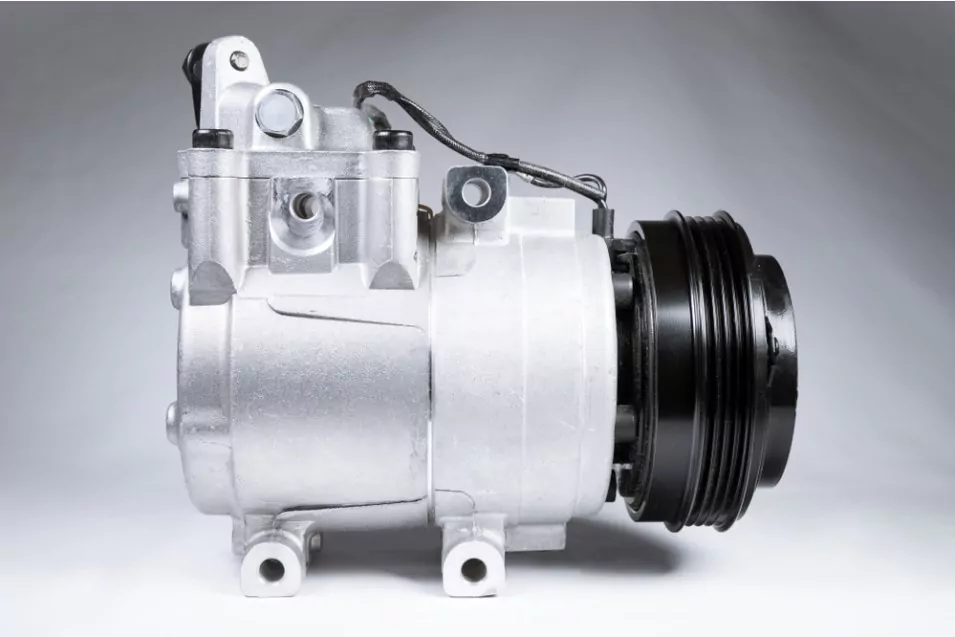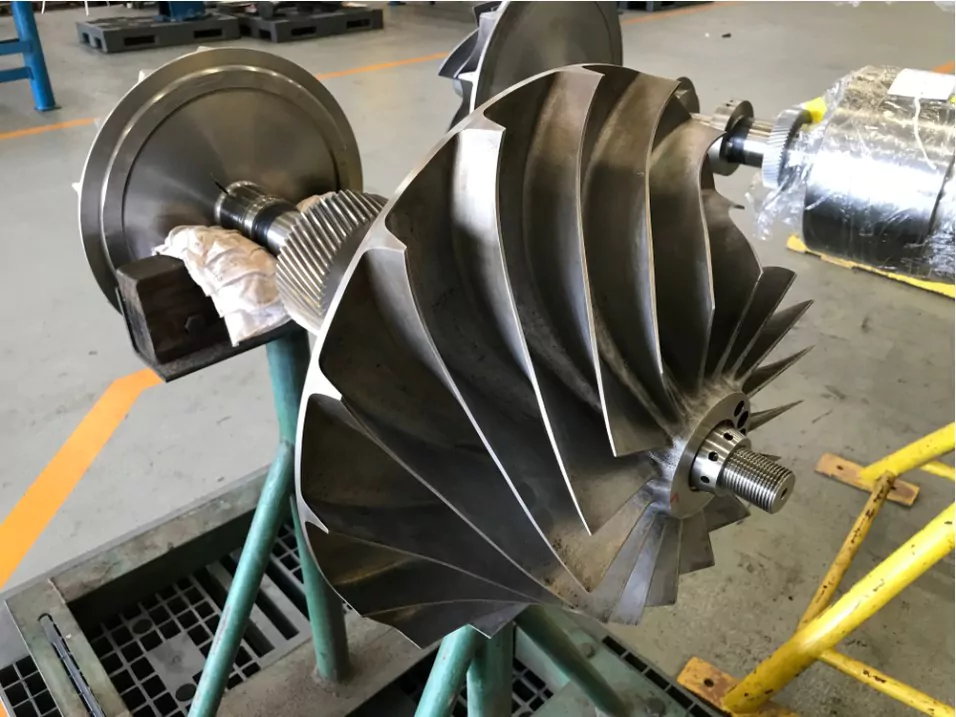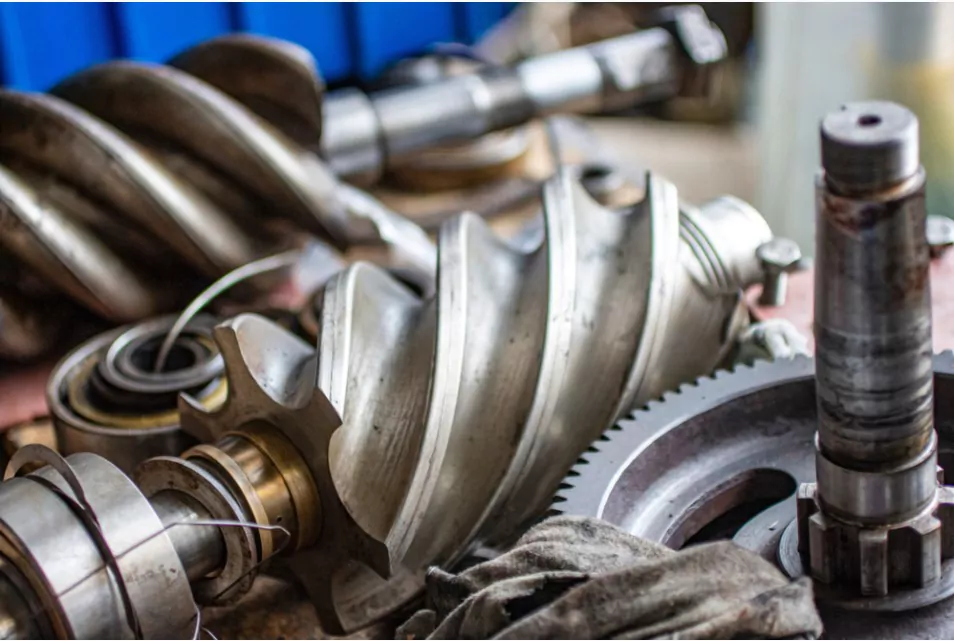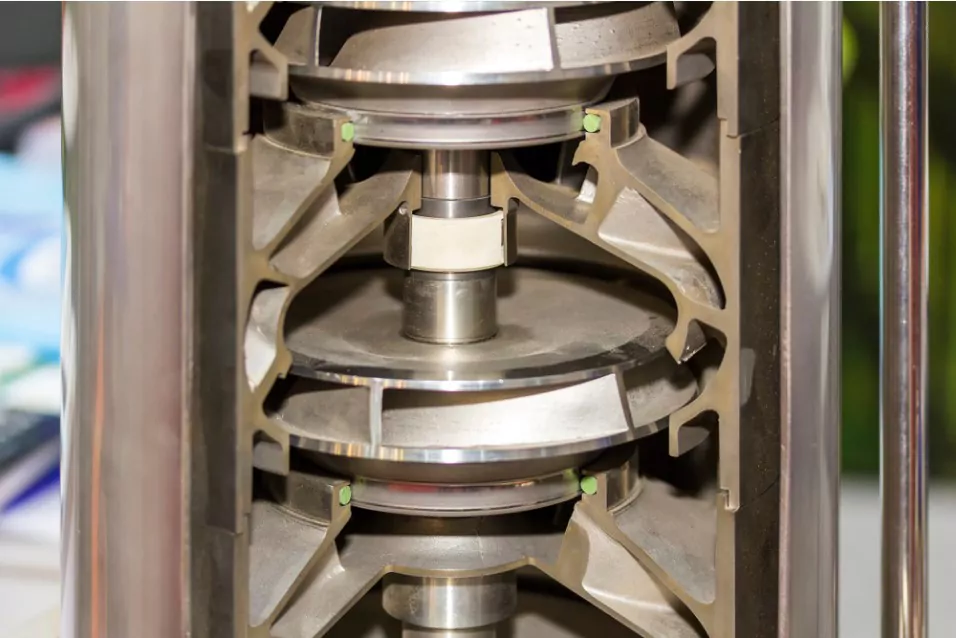The Expert Guide to Which Compressor is Best for AC?

Air conditioning compressors are one of the most important components of an air conditioning system, responsible for compressing the liquid refrigerant and moving it through an indoor unit of the expansion valve to facilitate heat transfer. There are several types of air conditioner compressors, each with its own advantages and disadvantages, so deciding which compressor is best for ac can be difficult. That is why, in this blog, we will discuss the most common types of air conditioning compressors and their features.
1 How Are Air Conditioning Compressors Different from Refrigeration Compressors?
Air conditioning compressors and refrigeration compressors are similar in that they both compress refrigerant gas to facilitate heat transfer, but there are several differences between the two. To classify this difference, we have listed down a few factors. Let’s have a look.
Operating Temperatures
AC unit compressors typically operate at lower temperatures than refrigeration compressors. This is because air conditioning systems are designed to cool spaces to comfortable temperatures. At the same time, refrigeration systems are designed to cool too much lower temperatures, such as those required for food storage or freezing.
Refrigerant Types
Air conditioning systems typically use refrigerants such as R-22 or R-410A, while refrigeration systems often use ammonia or carbon dioxide, which are more efficient at lower temperatures.
Cooling Load
Air conditioning compressors typically have a lower cooling load than refrigeration compressors. This is because air conditioning systems are designed to cool smaller spaces, such as homes or offices. In comparison, refrigeration systems are designed to cool larger spaces, such as supermarkets or cold storage facilities.
Compressor Type
While there are several types of compressors that can be used for both air conditioning and refrigeration systems, there are some compressors that are more commonly used for one application than the other. For example, centrifugal compressors are often used in large-scale refrigeration applications, while scroll compressors are commonly used in air conditioning systems.
2 Different Types of AC Compressors
Reciprocating AC Compressor
Reciprocating air compressor is the most common type of air conditioning compressor. They work by using a piston to compress the refrigerant gas, which is then sent to the condenser to release heat. The piston movement is driven by a motor, which can be either electric or combustion. A reciprocating compressor is relatively inexpensive and easy to maintain, but it can be quite loud and may have a shorter lifespan than other compressor types.
Scroll Compressors
A scroll compressor is a type of rotary compressor that uses a rotating scroll to compress the refrigerant. The scroll consists of two spiraled plates that are rotated against each other, creating a series of gas pockets that gradually decrease in volume, thereby compressing the refrigerant. Scroll compressors are quieter and more efficient than reciprocating compressors, making them a popular choice for residential and commercial air conditioning systems.
Rotary Compressor

Rotary compressors are another type of compressor that uses a rotating shaft to compress the refrigerant. The shaft is connected to a set of vanes that rotate within the compressor housing, creating a series of gas pockets that compress the refrigerant. Rotary compressors are generally more efficient and make less noise than reciprocating compressors, but they are more expensive and can be more difficult to maintain.
Screw Compressors

Screw compressors are a type of compressor that uses two helical rotors to compress the refrigerant. The rotors rotate in opposite directions, trapping the refrigerant gas between them and compressing it as it moves toward the outlet. Screw compressors are highly efficient and can operate at high capacities, making them a popular choice for large commercial and industrial AC units.
Centrifugal Compressors

Centrifugal compressors are a type of dynamic compressor that uses a rotating impeller or radial blades attached to a disk to accelerate the refrigerant gas, which is then compressed as it moves toward the diffuser. The diffuser is designed to slow down the gas and convert its kinetic energy into pressure, resulting in a highly efficient compression process. A centrifugal compressor works on the principle of centrifugal force and is ideal for large-scale air conditioning systems, but it can be quite expensive and require regular maintenance.
3 Which is the best Air conditioner compressor?
When it comes to choosing the best compressor for your air conditioning (AC) system, there are several factors to consider. The compressor is a vital component of an AC system that compresses refrigerant gas and converts it into a high-pressure, high-temperature liquid, which is then used to cool the air.
Reciprocating compressors are suitable for small to medium-sized AC systems. It works by using a piston to compress the refrigerant gas. Reciprocating compressors are generally affordable and easy to maintain, making them a popular choice for many homeowners. However, they can be noisy and less energy-efficient than other compressor types.
Rotary compressors are ideal for medium-sized AC systems. It operates by using a rotating motion to compress the refrigerant gas. Rotary compressors are compact, quiet, and energy-efficient, but they can be more expensive to purchase and maintain than reciprocating compressors.
A scroll compressor is suitable for larger AC systems. It works by using a scroll or spiral motion to compress the refrigerant gas. Scroll compressors are known for their quiet operation, high efficiency, and reliability. However, they are more expensive to purchase than reciprocating and rotary compressors.
An inverter compressor is suitable for high-end AC systems. It operates by using advanced technology to vary the speed of the compressor motor to match the cooling demands of the indoor space. Inverter compressors are the most energy-efficient of all compressor types and can result in significant energy savings over time. However, they are more expensive to purchase and maintain than other compressor types.
When choosing the best compressor for your AC system, consider the size of your home, your cooling needs, and your budget and the one which performs better in terms of energy efficiency. It is essential to consult with an experienced HVAC technician who deals with extra-large HVAC systems to determine the most appropriate compressor type for your specific needs.
4 Wrapping Up
In conclusion, there is no one-size-fits-all compressor for AC. The best compressor for your AC system will depend on a variety of factors, including your specific needs, your budget, and the size of your home. Consult with a qualified HVAC technician to determine the most appropriate compressor for your needs.
FAQ's about Types of Compressors for AC
Which compressor is best for AC rotary or piston?
Rotary compressors are generally more efficient and quieter than piston compressors, and they have fewer moving parts, making them more reliable and requiring less maintenance. They are also more compact and can be used in a variety of applications, including air conditioning, refrigeration, and heat pumps. However, rotary compressors can be more expensive to purchase initially and may not be suitable for high-capacity or high-pressure applications.
Piston compressors are generally more affordable and can handle higher capacities and pressures than rotary compressors, making them suitable for large-scale air conditioning systems. They are also more durable and better able to handle varying loads and temperatures. However, they are typically louder and less efficient than rotary compressors, and they require more maintenance and can be more prone to breakdowns.
How do I choose an air conditioner compressor?
Here are some key considerations to keep in mind before choosing an air conditioner
Size: The size of the compressor should be matched to the size of the air conditioning system. A compressor that is too small will not be able to cool the space effectively, while a compressor that is too large will cycle on and off frequently, wasting energy and causing unnecessary wear and tear.
Efficiency: The efficiency of the compressor is an important factor to consider, as it will impact your energy consumption and utility bills. Look for a compressor with a high SEER rating (Seasonal Energy Efficiency Ratio) or EER rating (Energy Efficiency Ratio), as these indicate a higher level of efficiency.
Type: As I mentioned earlier, there are different types of compressors, including rotary and piston compressors. Choose the type of compressor that is best suited to the size and needs of your air conditioning system.
Noise level: If you are looking for a compressor for a residential or commercial space, you may want to consider the noise level of the compressor. Look for compressors that are designed to operate quietly, as this will improve the comfort of your space.
Cost: The cost of the compressor is an important consideration, as it will impact your budget. Look for a compressor that offers a good balance of efficiency, performance, and cost.
Brand and warranty: Look for a reputable brand that offers a good warranty on their compressors. This will give you peace of mind and protection in the event of any defects or malfunctions.
How do I know if my AC compressor is good?
There are several signs that can indicate whether your AC compressor is functioning properly. Here are some things to look for:
- Cold air: One of the most obvious signs of a working compressor is that your AC is producing cold air. If your air conditioner is not producing cold air or is blowing warm air, it could be a sign of a compressor problem.
- Consistent temperature: The compressor is responsible for maintaining a consistent temperature in your home. If you notice that the temperature in your home is fluctuating or uneven, it could be a sign of a compressor problem.
- Normal sounds: Your AC compressor should make a steady humming or buzzing sound when it is working properly. If you hear unusual or loud noises coming from your compressor, such as grinding, hissing, or clunking, it could be a sign of a problem.
- Vibration: The compressor should operate smoothly without any noticeable vibrations. If you feel excessive vibrations or shaking coming from your compressor or the air conditioning unit, it could indicate a problem.
- Cycling on and off: Your compressor should cycle on and off at regular intervals to maintain the desired temperature in your home. If it is constantly cycling on and off or not turning on at all, it could be a sign of a problem.
- Energy consumption: A compressor that is working properly should consume energy efficiently. If you notice a sudden increase in your energy bills or your AC unit is consuming more energy than usual, it could be a sign of a compressor problem.
Community Q&A
About This Article
This article has been viewed 1023 times.



